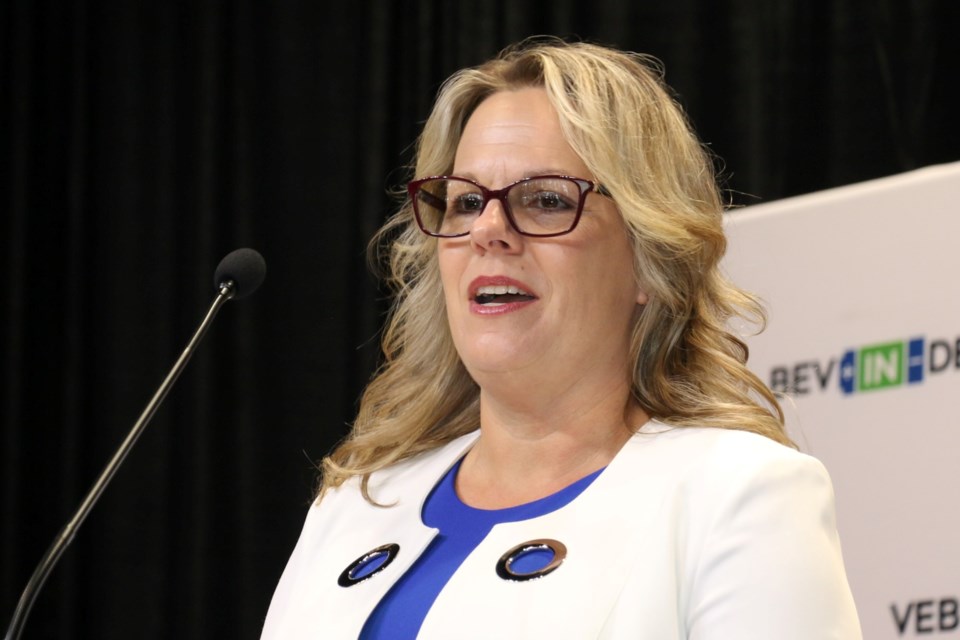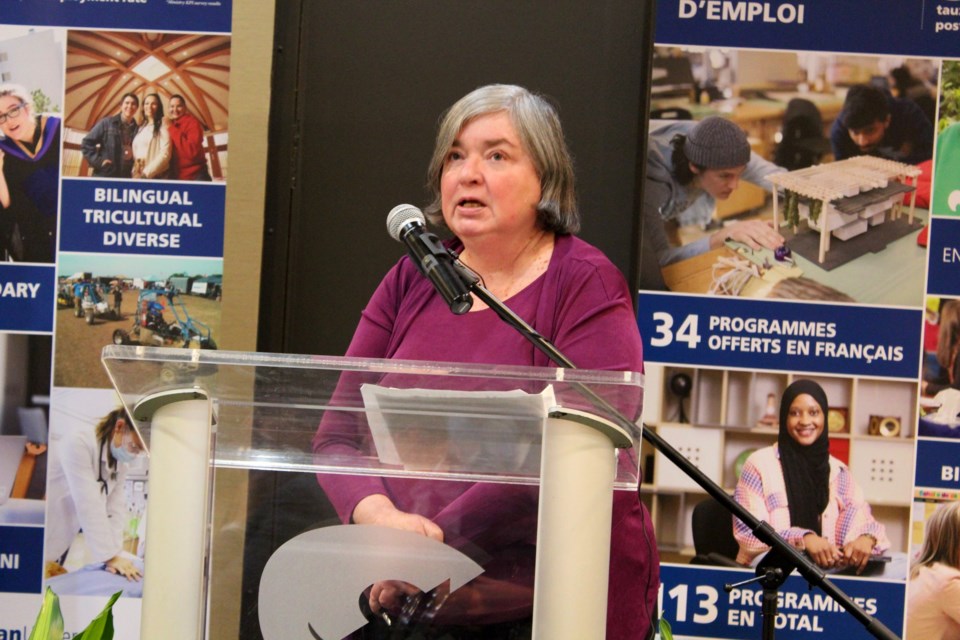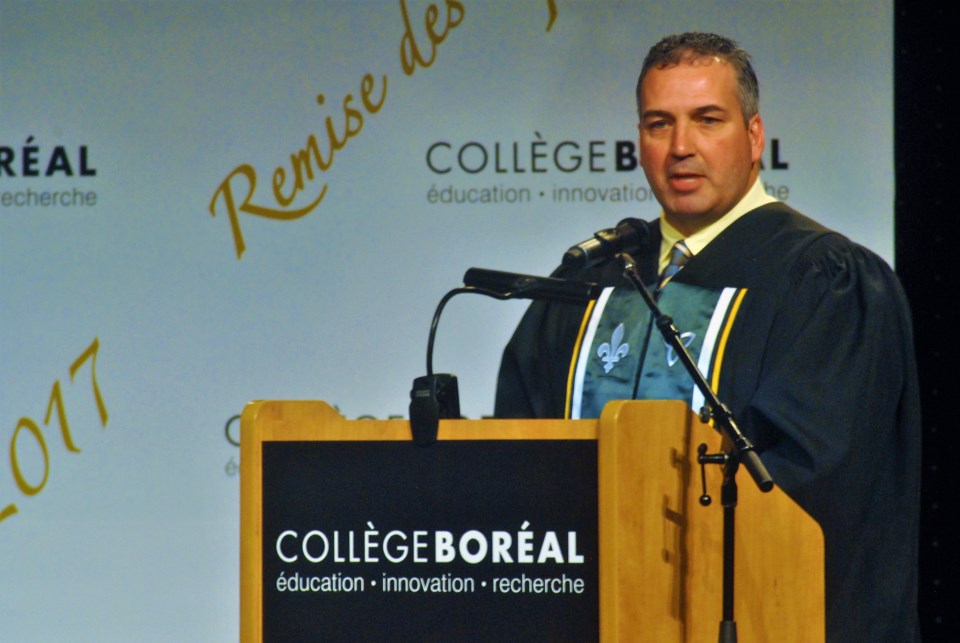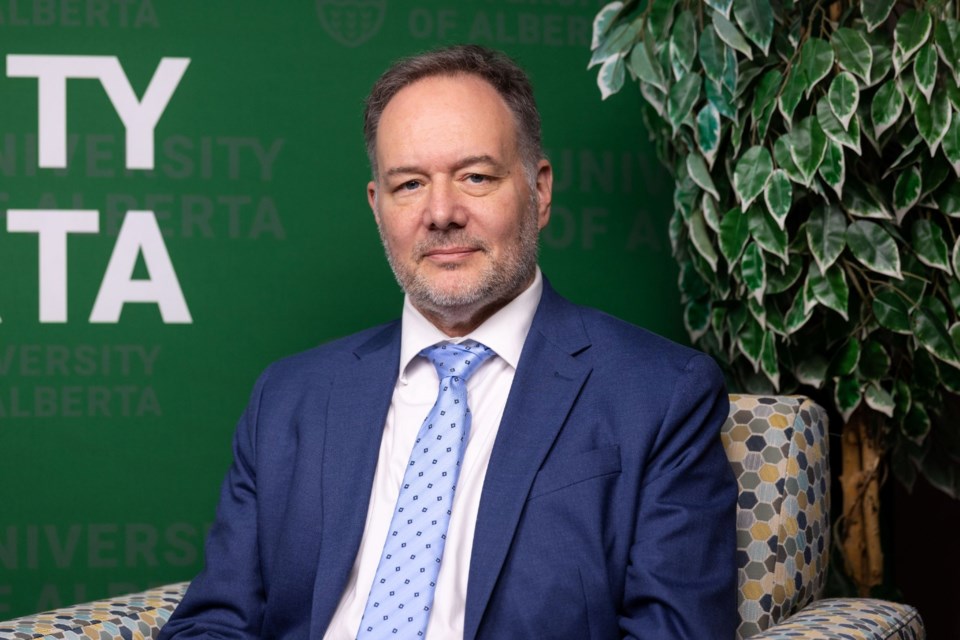“Shocking,” “devastating,” and “a shit show” are the words being used to describe the federal government’s move to cap international student enrolment at colleges and universities across the country.
The federal government announced several measures Jan. 22 in an effort to stem the explosive growth of international students being brought into Canada by post-secondary institutions, which has caused issues that include pressure on housing.
International students are seen as a ready source of cash for post-secondary institutions, as they pay higher tuition fees.
The government said this week it will set an intake cap on international student permit applications to stabilize new growth for a period of two years.
For 2024, the cap is expected to result in approximately 360,000 approved study permits, a decrease of 35 per cent from 2023.
Individual provincial and territorial caps have been established, weighted by population, meaning Ontario’s study permits will actually go down by about 50 per cent.
Those pursuing master’s and doctoral degrees, and elementary and secondary education are not included in the cap. Current study permit holders will not be affected.

Cambrian can ‘weather the storm’
Cambrian College’s president is confident the Sudbury school can “weather the storm” following the federal government’s announcement of international student caps, but overall, the Ontario college sector will be impacted “significantly, in fact devastatingly so.”
“The announcement is shocking in its entirety,” said Cambrian president Kristine Morrissey, in an interview with Sudbury.com.
“There are so many different levers that they've initiated, all at once, that it is impacting a number of areas of our business.”
Cambrian College has a little more than 3,000 full-time international students studying at its Sudbury campus, which is almost the same as its domestic student enrolment.
It also has around 6,200 international students studying outside of Sudbury through a partnership with a private college called Hanson Canada that has been in place since 2005.
Cambrian has managed to avoid the housing crisis other institutions have faced, as all international and domestic students in Sudbury have been able to find housing, the college president said. The college did book 80 residence rooms at the University of Sudbury for this year, just in case.
Morrissey said what Cambrian “has going for it” is its current good financial position.
She anticipates a surplus for its financial year ending March 31, anticipates being able to present a balanced budget for 2024-2025, and has reserves for a few subsequent years “because we have been saving and trying to mitigate risk of an event of this nature.”
So we will have to access our reserves, no doubt, to address those deficits going forward,” Morrissey said.
“During this time, we're going to start planning, working with our provincial government. There are really so many components that we don't have enough information on that it's hard to really forecast what that impact is going to be. But rest assured, we've already started the planning and looking at different scenarios, and we've got a bit of a runway to figure things out.”
“If I look at Cambrian College, we currently have about 3,000 international students (studying in Sudbury),” said Morrissey. “In our near future, we would then be looking at potentially having 1,500.”
Overnight, the feds have “essentially put a moratorium” on international students being able to obtain study visas, she said. That’s because the provinces have not yet come up with a process to allocate spaces to individual colleges.
There are also several other measures in this week’s announcement surrounding the issuing of work permits for international students and their spouses.
Cambrian College is one of 15 colleges in the province to partner with private colleges to deliver programming to international students.
As stated above, in Cambrian’s case, it has been partnering with a private college called Hanson Canada, which delivers programming in Toronto, Brampton and Vancouver.
However, starting Sept. 1, students who attend programs that are part of these “curriculum licensing” arrangements “will no longer be eligible for a post-graduation work permit upon graduation.”
“So as you may be aware, there are 15 colleges in Ontario that have private delivery partners,” said Morrissey. “And so for those 15 colleges, of which Cambrian is one of them, that entire business model, at this point, looks like it won't exist in our future. So for those 15 colleges, this is a significant decrease in revenue.”

Laurentian: Premature to ‘estimate the impact’
Sudbury.com also reached out to the two other post-secondary institutions operating in Sudbury, asking for interviews with administration.
As is becoming increasingly common for large institutions in Sudbury, interviews were denied by both institutions, with emailed statements provided in both cases.
"We are interested to see how the province will allocate spaces for international students, and until those details become clear, we would not be able to estimate the impact to Laurentian University,” said the prepared statement from Laurentian interim president Sheila Embleton.
“We look forward to working with both the federal and provincial governments as these policies unfold. At Laurentian we see a greater percentage of our international student population at the graduate level, which is not affected by these changes.
“As of last year, Laurentian reached the provincial average of 17 per cent of the student population coming in as international students."
Laurentian University, which exited insolvency in late 2022, put a focused effort on recruiting international students for the current school year, resulting in a 154-per-cent increase in its international student enrolment as of the first day of class this past fall.
(The numbers provided below are for full-time equivalent, or FTE, students. FTE is a calculation showing how many students would be attending if all were enrolled full time).
Laurentian had an official fall 2022 enrolment of 542 FTE international students (although that number stood at 504 on the first day of class).
The university had planned for an international student enrolment of 784 FTE students this fall (so up 42 per cent), but the number that showed up for the first day of class blew even that estimate out of the water.
As of last fall, there were 1,281 FTE international students at Laurentian, a year-over-year increase of 777 students, or 154 per cent.

As an interview was denied, in a written statement to Sudbury.com, Collège Boréal president Daniel Giroux said the college is continuing to study the details of this week’s announcement regarding international students.
“A number of uncertainties remain and it would be premature for our college to issue a categorical opinion on this issue,” said Giroux, in the statement.
“However, the role of French-language post-secondary institutions in linguistic minority situations is essential to the vitality of our communities, and is in line with the Policy on Francophone Immigration and its implementation plan – including a significant contribution to achieving a target of eight per cent Francophone immigration annually – unveiled last week by Minister Miller.
“Ontario's colleges also play a vital role in ensuring the availability of a skilled workforce that meets concrete and urgent needs in many fields, such as trades, early childhood and health.
“To deprive ourselves of new graduates in these sectors would exacerbate the shortage of qualified bilingual people, and would seriously compromise the sustainability of the French language in our regions.”
Information provided by Collège Boréal said the school has 2,100 students at its campuses across the province, and 47 per cent are international students. The proportion of international students also sits at 47 per cent at its Sudbury campus.
The college said it has not entered into any partnerships with private colleges, “as through our extensive network we currently operate 36 sites, including seven campuses, located in 27 communities throughout the province, as well as a robust online offering of 14 full programs through Boréal en ligne.”

Higher education consultant: Ontario ‘a shit show’
Alex Usher, a higher education consultant, has been commenting extensively on this week’s announcement on international students in his blog.
“Ontario is, not to put too fine a point on it, a shit show,” he writes.
“My impression is that the Ford government, which has been throwing gasoline on the international student fire ever since it got into the office, mainly so it could avoid having to actually spend its own money on post-secondary education, is in no way equipped policy-wise to deal with the mess it has just been handed.”
Nobody knows how the Ontario provincial government is going to react to this announcement, Usher wrote, stating it will be interesting to watch what the provinces do with regards to rationing international student permits.
The Ford government “has an ideological predilection for the private sector over the public: this is in fact why it has been quite sanguine about throwing gasoline on the raging fire of the housing crisis in southern Ontario by greenlighting ever more students in private colleges under contract to public ones (see here for more on that),” Usher said.
Usher said Ontario colleges outside of the GTA (which would include Sudbury’s Cambrian College) have upwards of 125,000 international students in GTA-area private colleges.
“Without the promise of a post-graduation work visa, it is hard to see how those spots are going to stay filled,” he said.
“My very rough guess is that this is going to take at least $1.5 billion in revenue out of Ontario colleges’ hands. They’ll have fewer students to teach so their costs will drop too, but still, this is going to hurt. A lot. I’d wager a couple of the northern colleges, who used PPPs (Public-Private Partnership institutions) as a way to escape the brutal economic of teaching in the more sparsely populated north, will be in need of a bailout soon.”
Usher said it’s possible that public colleges could buy out their private partners and operate these institutions directly.
“But being able to make that decision requires you to know what provincial funding is going to look like,” he said. “If the province comes in with a bailout package— particularly for northern colleges — then the need to keep pushing on those GTA campuses might be lessened.”
Heidi Ulrichsen is Sudbury.com’s assistant editor. She also covers education and the arts scene.



